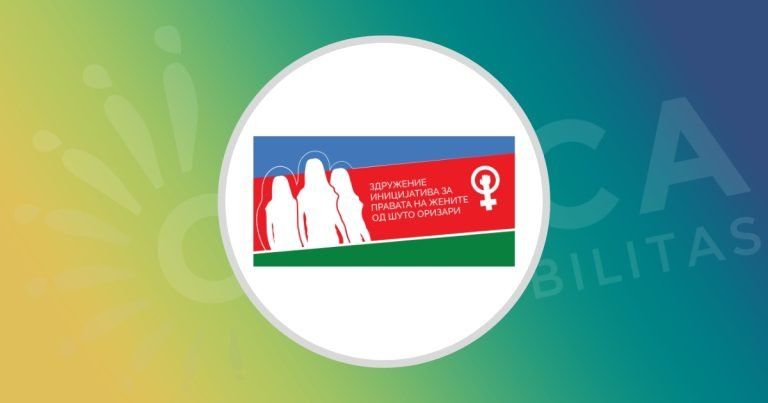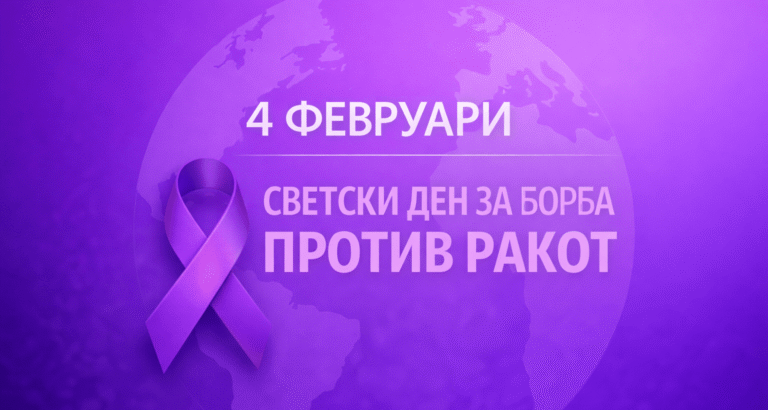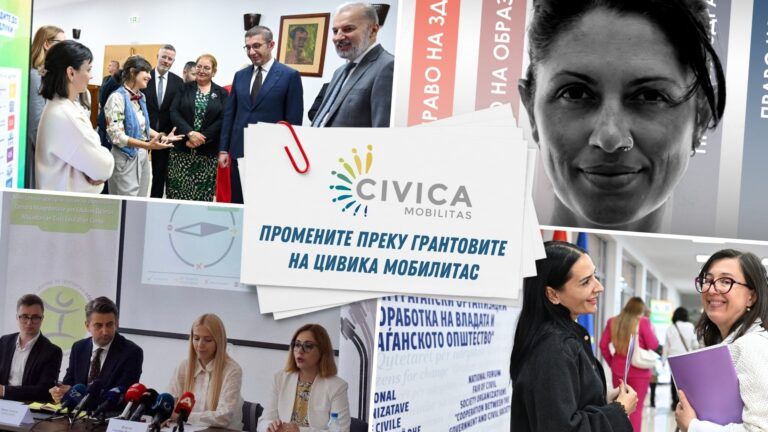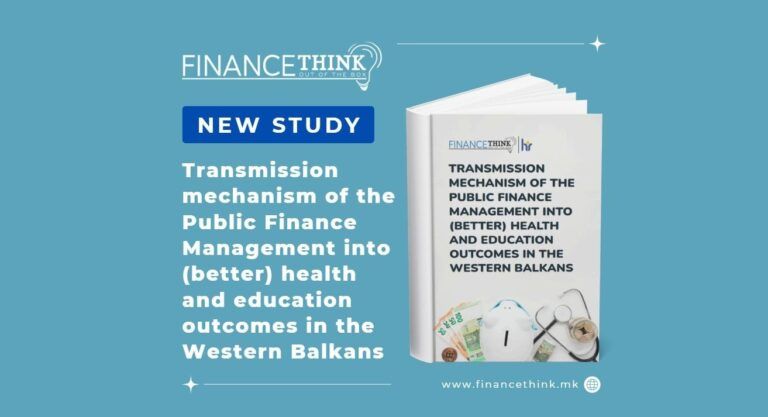MATEA KARGOVSKA: YOUTH ARE KEY TO EUROPEANIZATION, BUT FACE DISINFORMATION, OLD HABITS, AND DISTRUST
Interview with Matea Kargovska: Youth are key to Europeanization, but face disinformation, old habits, and distrust
Interviewed by: Enis Shaqiri
BIRC Institute
Matea Kargovska is a junior researcher and project assistant at Eurothink. She holds a degree in Political Science and a Master’s degree in International Relations, Diplomacy, and EU Integration from the University “Ss. Cyril and Methodius” in Skopje. In this interview for the BIRC Institute, she discusses the role of youth in the Europeanization process, the obstacles they face, and the opportunities for deeper interregional cooperation.
BIRC: Do young people have sufficient information about the European integration process?
Matea Kargovska: This question doesn’t have a simple answer. We live in an era of technological expansion and easy access to information. However, even though young people can find information through the internet, social media, and educational programs, the quality, accuracy, and objectivity of that information is often problematic. Political polarization in the media contributes to confusion and mistrust, which leads to Euroscepticism. The lack of media literacy further worsens the situation.
BIRC: What are the main obstacles preventing youth from engaging in the processes of Europeanization and democratization?
Matea Kargovska: The biggest obstacle is the mentality and habits passed down through generations—from seeking connections for basic services to accepting corruption. Even young people who are aware and eager for change are often marginalized. A systemic change and eradication of old practices are needed to create conditions for true Europeanization.
BIRC: How can interregional cooperation among young people be improved in the context of European integration?
Matea Kargovska: There needs to be stronger interaction with EU member states and promotion of successful practices from those countries. Awareness and access to both positive and negative examples can influence young people’s motivation. They should be encouraged to embrace new ideas and get more involved in regional initiatives. The example of Slovenia shows that transformation is possible when there is political will and civic engagement.
BIRC: Are current EU programs for youth (such as Erasmus+) sufficient for promoting the Europeanization of the Balkans?
Matea Kargovska: Programs like Erasmus+ are important, but not enough. New initiatives are needed that will bring the integration process closer to every young person, including mandatory academic exchanges in the EU so that young people can feel the benefits of the European perspective.
BIRC: How can we effectively counter disinformation and anti-European propaganda targeting youth?
Matea Kargovska: The key is education. Media literacy should be introduced as early as high school. Universities should regularly organize workshops and lectures with professionals. Students should have direct contact with institutions that combat disinformation and gain practical skills. In this way, they can build their own informed opinions about the EU.
BIRC: Do you think Euroscepticism exists among youth, and what drives it?
Matea Kargovska: Yes, Euroscepticism is present. But it doesn’t mean anti-EU sentiment—it’s more a lack of trust in the process due to disappointments, compromises, and poor communication from institutions. Young people are not against the EU; they are asking for a fair and just path toward membership. The lack of transparency, disinformation, and the incompetence of politicians only increase this mistrust.
This interview was prepared within the framework of the project “Youth Inclusion for the Europeanization of the Balkans”, implemented by the BIRC Institute from North Macedonia, NGO GLAS from Montenegro, and CFID from Kosovo, with support from the Western Balkans Fund and co-financing from the European Union.
This interview was prepared with the financial support of the European Union. The content is the sole responsibility of the authors and in no way reflects the views of the European Union.
This post was originally published on this site




![[Aggregator] Downloaded image for imported item #43795](https://civicamobilitas.mk/wp-content/uploads/2026/01/611149509_1571871173934400_3927165331577291092_n-2-768x512.jpg)


